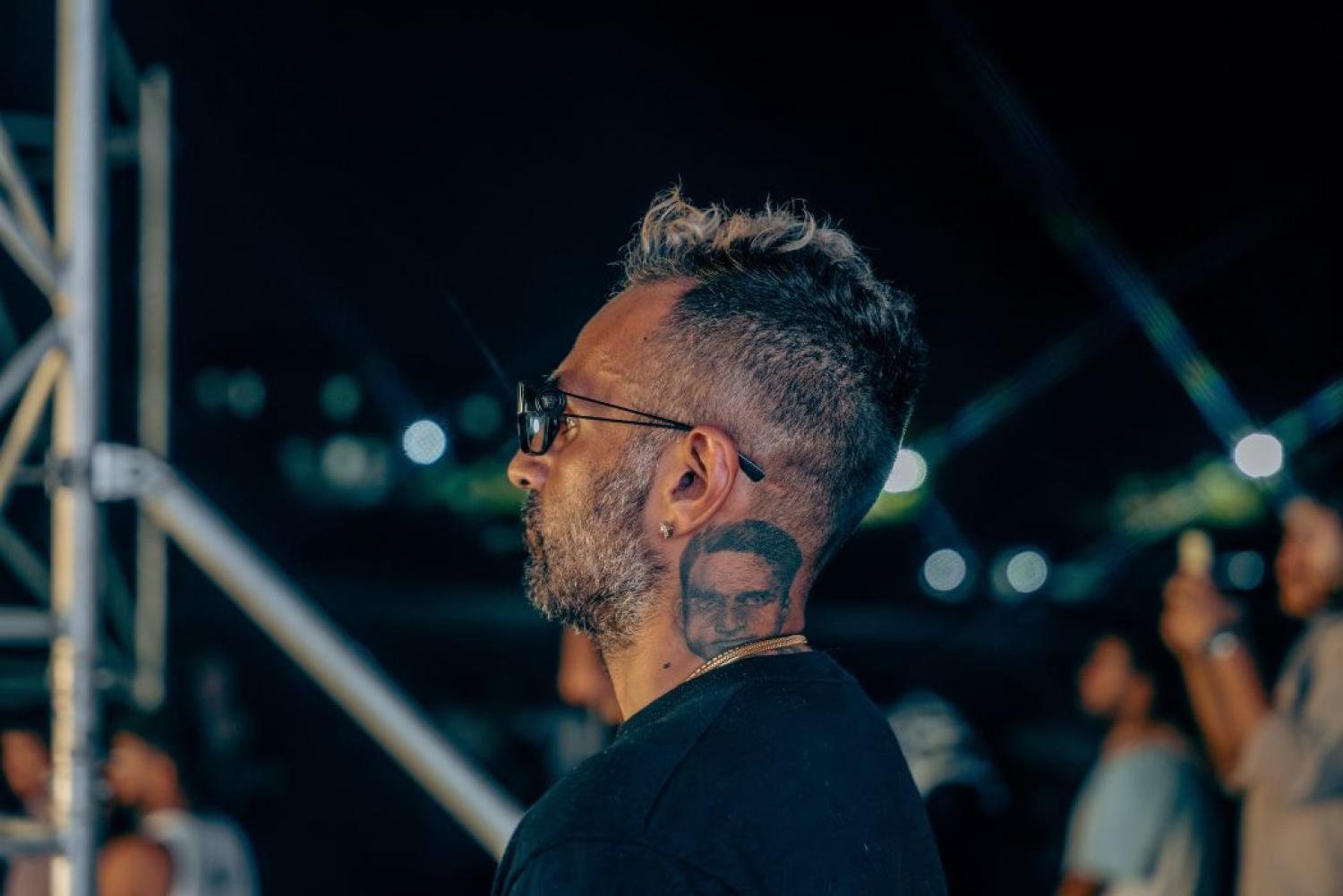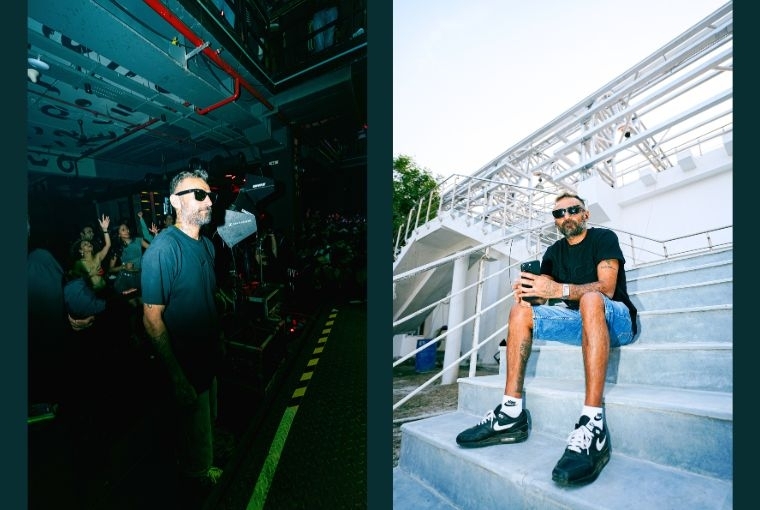Mo Joshi’s story begins in the pulsating subcultures of the UK, where he came of age amid the rise of underground music movements. 'I’m a product of subculture,' he says, recounting how turning 18 at the peak of the UK garage scene shaped his tastes. In the 1990s, Mo witnessed hardcore morph into jungle, jungle into drum and bass, then garage, UK hip-hop, a golden era that left an indelible mark on him. Music was the constant backdrop: 'Mom sings. Dad listened to ghazals, Mom loved Bollywood, my sister was into Mariah and Kylie… and my brother was a DJ mixing jungle tracks in our room while I tried to sleep,' he laughs, painting a picture of a childhood steeped in sound.
The early 2000s brought Mo to India repeatedly, initially for business. In 2001, he co-founded an IT company with his brother, which involved months-long stints on the ground in India, handling various projects. Those extended stays gave him a chance to see the country through his own eyes. Previously, Mo’s connection to India was as an NRI kid on family trips, visiting relatives, touring his ancestral homeland under parental watch. 'I was always connected with the culture, but from the lens of an NRI coming with his parents,' he explains. Living and working in India as a young adult changed that perspective. Between 2001 and 2010, as he shuttled between the UK and India, Mo gradually discovered 'bits and pieces of India of my own.'
Founding Azadi Records: Vision and Beginnings By the early 2010s, Mo’s visits to India had a new purpose. He found himself drawn back not just by tech projects but by the nascent music scene bubbling under the surface. Around 2013, while in India for a project (he hadn’t even planned to stay long-term at that point), Mo started noticing something different. 'I started seeing the festival scene here and I was like, OK, this is interesting,' he says. Mo began consulting for emerging streaming platforms (Apple Music had just launched in India, Saavn was on the rise) to bridge a 'knowledge gap' in the industry. That role put him in touch with a wave of independent artists coming up across the country in 2013–14, further fueling his curiosity.
By 2014, Mo had a revelation: 'I pretty much decided, OK, I’m not going back (to the UK). Something is interesting going on here,' he says. Initially, he tried partnering with a web platform to start a record label in 2015, even launching a label imprint through that platform. But after about 18 months, that collaboration fizzled out by late 2016. Yet, the setback only clarified Mo’s conviction. 'In 2016, I was like, OK, there are no independent record labels – at least none providing a truly independent structure,' he notes. The Indian music industry was still dominated by an 'archaic work-for-hire structure', where artists rarely owned their music and film soundtracks reigned supreme.
Around the same time, Mo crossed paths with Uday Kapur, a like-minded culture journalist passionate about hip-hop. Despite an age gap, the two found 'camaraderie in the sense of, this is messed up, let’s do something about it,'. By April 2017, Mo was ready to make the leap. He parted ways with other projects and formally teamed up with Uday to create an independent record label that would champion artists on their terms. In May 2017, the duo launched
Azadi Records – a name that means 'freedom,' reflecting their mission to free music from old industry shackles. 'We both aligned ideologically in terms of master ownership, financial structure, creative input… all that stuff,' Mo says of Azadi’s founding philosophy. And with that, Mo found his purpose in India: nurturing a homegrown music movement that was itching to explode.


